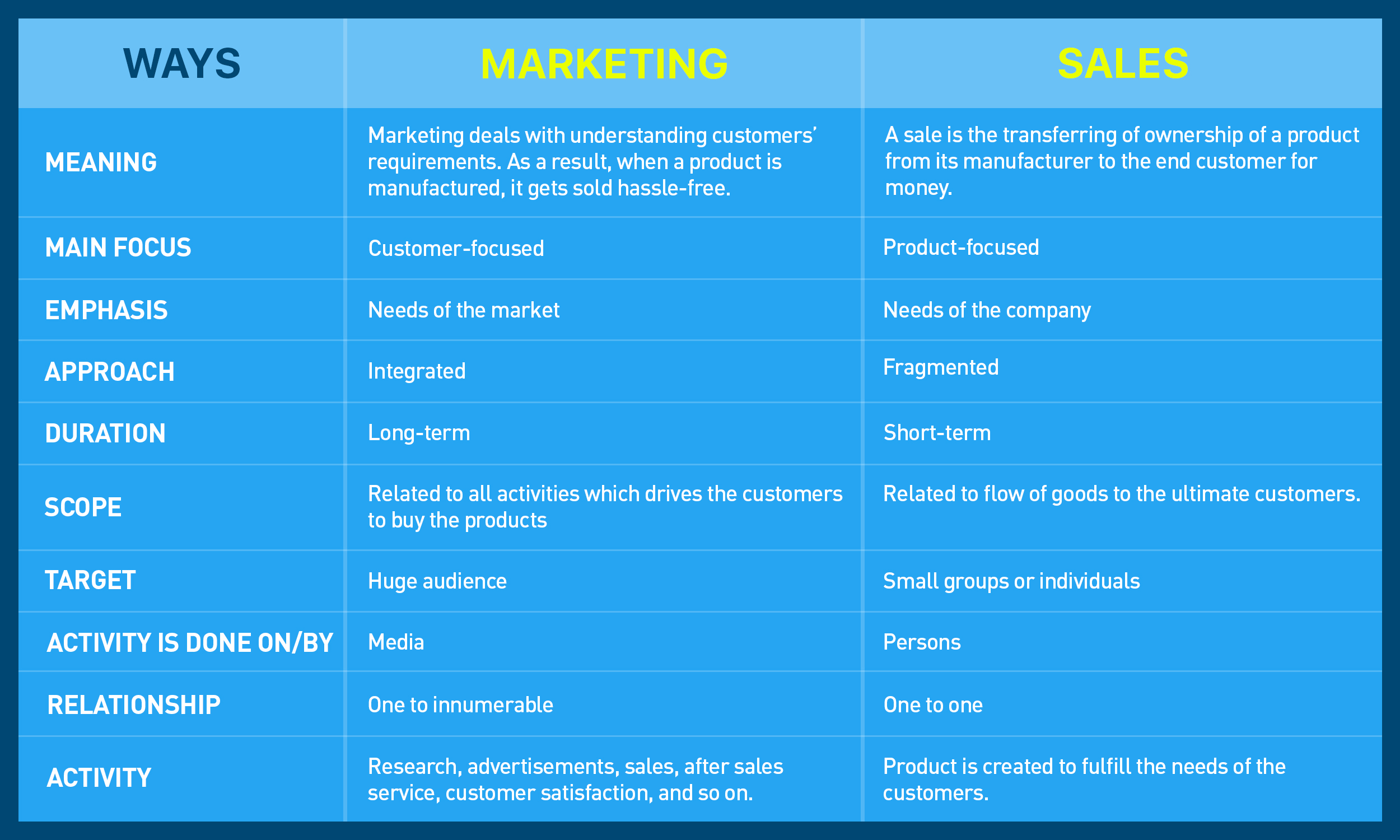For quite some time now, people have used various virtual assistants, from smartphones to smart speakers to even smart TVs, to conduct web searches. The reason why voice searches are so popular is because they are fast, convenient, and easy compared to when typing a query. Hence, if you want to rank for voice searches on SERP, you need to optimise your website for the same. In this regard, hiring an SEO agency in Singapore can be of great help to optimise your website for voice searches.
Voice searches are different from textual searches in how queries are framed. For instance, when we type a query, the words we choose are pretty different from how we speak. Hence, voice search optimisation involves strategies to improve your website’s online presence for voice search queries. The purpose is to be selected and read aloud by voice assistants for a voice search query.
6 tips to optimise website for voice searches
The following tips can help optimise your website for voice searches, thereby driving more relevant web traffic that you can convert to leads and businesses.
Identify keywords for voice searches
Keywords are a critical aspect of SEO; the same applies to voice searches. Therefore, the first step of optimising your website for voice search is identifying keywords specifically for this purpose. When selecting appropriate keywords for voice searches, you should focus on the following aspects.
- Long-tail keywords – These are highly specific queries with lower search volume.
- Question keywords – These are keywords starting with questions, such as how, why, what, when, and where.
- Conversational keywords – These are keywords that reflect how people usually speak when using voice searches. For instance, it should use words such as I, me, you, we, etc.
You can use various keyword research tools to identify relevant long-tail keywords when optimising a website for voice searches. It is also a better idea to take inspiration from topic suggestions listed under ‘people also ask’ or ‘related searches’ on Google result pages. It will help you get an idea about the questions your audiences ask the most. You can use these phrases to create relevant content and optimise your web page for the same.
Focus on Local SEO
Local SEO helps improve online visibility for local businesses, regardless of whether they are B2B or B2C. They target potential customers in nearby areas who are likely to purchase from them.
Optimising your website for local searches is a great way to improve your visibility for voice searches. For instance, there is a high chance that someone performing a voice search might be looking for local businesses and hence can use phrases ending with ‘…….near me’. It can be when they are searching for stores, restaurants, healthcare clinics or other businesses.
People who are using these phrases for voice searches are more likely searching for an immediate solution, and hence, there is a high chance that they will purchase from these businesses.
You can optimise your website for Local SEO in various ways. The most critical among all of them is creating and managing a profile on Google Business Profile. It should contain essential business information, such as your location, contact details, operation hours, direction, etc. Voice searches often fetch results from these profiles for relevant queries. A complete listing will help ensure your business ranks high for local voice searches.
Use Schema Markup
Schema Markup is an HTML code that helps search engines understand the context of your content, which further helps improve your ranking for regular searches and specific queries for voice searches. It is invisible to human visitors. However, it helps search engine bots understand your site and content better. As they will see your site as relevant to various search queries, they will help you rank better on voice searches, leading to increased quality web traffic.
Build pages that answer FAQs
Another great idea to rank for voice searches is creating a page that answers FAQs. People who perform a voice search will more likely frame their query as questions beginning with words, such as How, Who, What, When, Where and Why. The reason is they are looking for answers to their various needs. You can create a FAQ page with questions beginning with these words and provide an apt answer for the same. Further, you should maintain a conversation tone and use appropriate keywords to target voice searches. Doing so can help you rank better for voice searches and drive relevant web traffic.
Mobile optimisation
Many people use their smartphones when performing a voice search. Besides, mobile devices are responsible for generating more than half of global internet searches. Considering both aspects, optimising your website for mobile devices is critical.
When ranking them for relevant search queries, Google prioritises websites optimised for mobile devices. The same is true when ranking for voice searches. Therefore, to help your website rank high for both text and voice searches, you need to make your website mobile responsive.
Ensure fast loading speed of the website
A website’s performance is another critical aspect of helping your website rank high for voice searches. The ideal loading speed for a web page should be less than 2 seconds. Page loading time is a critical Google ranking factor that affects your website’s visibility for voice searches. You can use various speed-checking tools to check your website’s performance. If needed, you have to take additional steps to improve your website’s loading time.
These steps can help optimise your website for voice searches. Elevan August Media offers comprehensive SEO services in Singapore. When performing an SEO audit, we can help identify technical, on-page, off-page, and Local SEO issues that might affect your ranking for voice searches. This analysis helps us develop effective strategies to optimise your website for voice searches.






